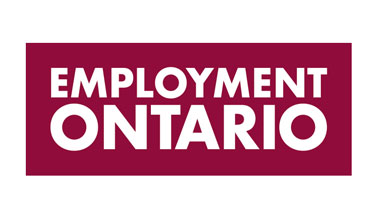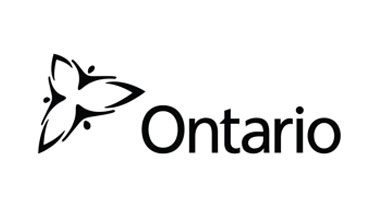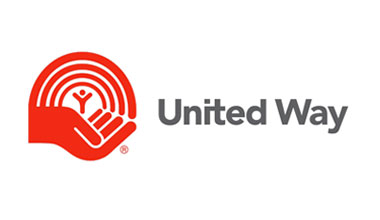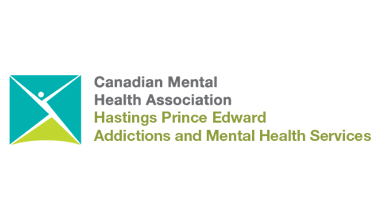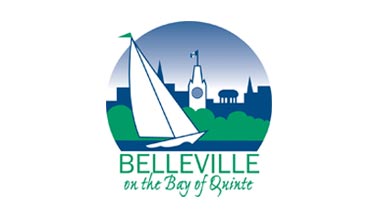
How to make friends with food even when you hate your body
February 1st - February 7th is Eating Disorder Awareness Week. Did you know that Youthab has counsellors who specialize in counselling specific to eating difficulties and body image? If this article by Health Stand Nutrition Consulting Inc.originally published in the Calgary Herald resonates with you perhaps you would like to give us a call to discuss your concerns. This is a great article on how to have a healthy relationship with food.
How to make friends with food even when you hate your body
#EDAW2017 – Struggling with your weight or an eating disorder? Do you have a poor relationship with food?
Feb. 1 to 7 is Eating Disorder Awareness Week. For the many clients we see in our nutrition counselling practice with anorexia, bulimia, binge-eating disorder, orthorexia and other disordered eating patterns, food and weight preoccupation are common topics of discussion. Guidance on how to establish a healthy relationship with food and working toward body size acceptance is also one of the most frequently discussed topics for our overweight clients and those who have spent a lifetime of yo-yo dieting.
The common struggle with a poor relationship with food and your body
I brainstormed with our team of dietitians at Health Stand Nutrition Consulting (Deb Lounsbury, Richelle Tabelon and Sherene Sieben) on the most common food and body relationship issues and negative beliefs we observe in our clients. Do any of these resonate with you?
- The number on the scale today will determine what and how much I am allowed to eat.
- I feel stressed about eating. I watch other people eat and wonder how they find joy and pleasure when I see food as the enemy.
- I feel shame and judgment if I eat ice cream or chips in front of others.
- I am only allowed to eat when and if I have exercised today.
- I am always second guessing my choices and have forgotten what it is to eat “normally.”
- I get anxious if I have to eat in front of other people or at places where I don’t know what is in the food.
- There must be something wrong with me that I barely eat and still struggle with my weight.
- I am a careful eater and avoid eating until I am full or satisfied.
- I have lost touch with knowing when I am hungry or full since I have been stuffing or starving myself for a long time.
- I have so much noise in my head about eating and my weight that I miss out on many social things and life opportunities.
- I see food as good or bad and eating as all or none with no middle ground.
- I hate my body and I know life would be better if I could only be smaller.
How to nurture a healthy relationship with food
Rekindling a healthier relationship with food and your body is no easy task, but the good news is if you don’t like how you feel right now you can change that. Here are some strategies from our dietitian team to begin learning to rekindle loving kindness for yourself:
Learn to trust others until you can trust yourself
Feeling better about food and your body takes time and support from a dietitian and therapist that specialises in eating disorders and emotional eating. Dietitian Sherene Sieben suggests that her clients often have so much anxiety, fear, guilt and shame about food, eat sporadically and approach things in an “all or nothing” way. Many of her eating disorder clients have acknowledged that recovery began to improve when they began to trust that she had their back and that she was not trying to make them fat. Trusting your dietitian to initially drive the answers to the questions about which foods your body needs and the portion sizes required for good health is the best way to learn to trust yourself.
You are worthy of eating no matter what
Dietitian Deb Lounsbury acknowledged that many people use the number on the scale to decide what and how much they are going to eat today. It makes her sad to see external factors have so much power over addressing the internal basic need to eat. Regardless of what you weigh, how much exercise you did today or how badly yesterday went, you are worthy of nourishing your body for health and energy. Honour and respect your body with enough nourishment to live your best life. Eating is a basic need, not a reward.
Start with mechanical eating before moving to intuitive eating
While many of our clients want to be intuitive eaters who make flexible choices and to listen to their hunger and fullness cues, it is often hard to trust these cues without first resetting what, when and how much to eat on a basic level. Dietitian Richelle Tabelon teaches her clients to first focus on mechanical or structured eating with three meals and likely snacks in between. She also helps her clients understand portion sizes and achieve nutritional adequacy, stop dieting behaviours, obsessive weighing and unnecessary food restrictions. In time, she helps people begin to distinguish hunger and fullness cues to move toward true flexibility and intuitive eating.
One Final Note …
The most universal discussion point that came up for all of the dietitians on our team was the need to acknowledge that there are no good or bad foods. Food is just food. Learning to eat fully is about finding the balance between healthful foods and soulful foods chosen for fun, taste and enjoyment.
Perhaps dietitian Sherene Sieben said it best when she came up with her favourite word for embracing imperfections which is “ish.” Move toward making your eating “healthy-ish” (striving for healthy, but never perfect).
About Andrea Holwegner - President, Registered Dietitian, Counselling Practice Director & Professional Speaker
Andrea the "Chocoholic Nutritionist" is founder and president of Health Stand Nutrition Consulting Inc. since 2000. She is a professional speaker, media expert for the Dietitians of Canada and consultant to the food and restaurant industry for companies... read more about Andrea
A
- Author: Andrea Holwegner
- Article Source: Health Stand Nutrition Consulting Inc.



